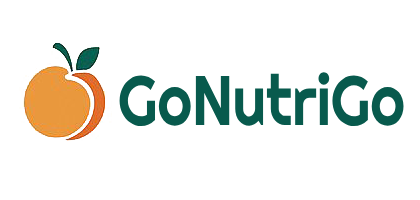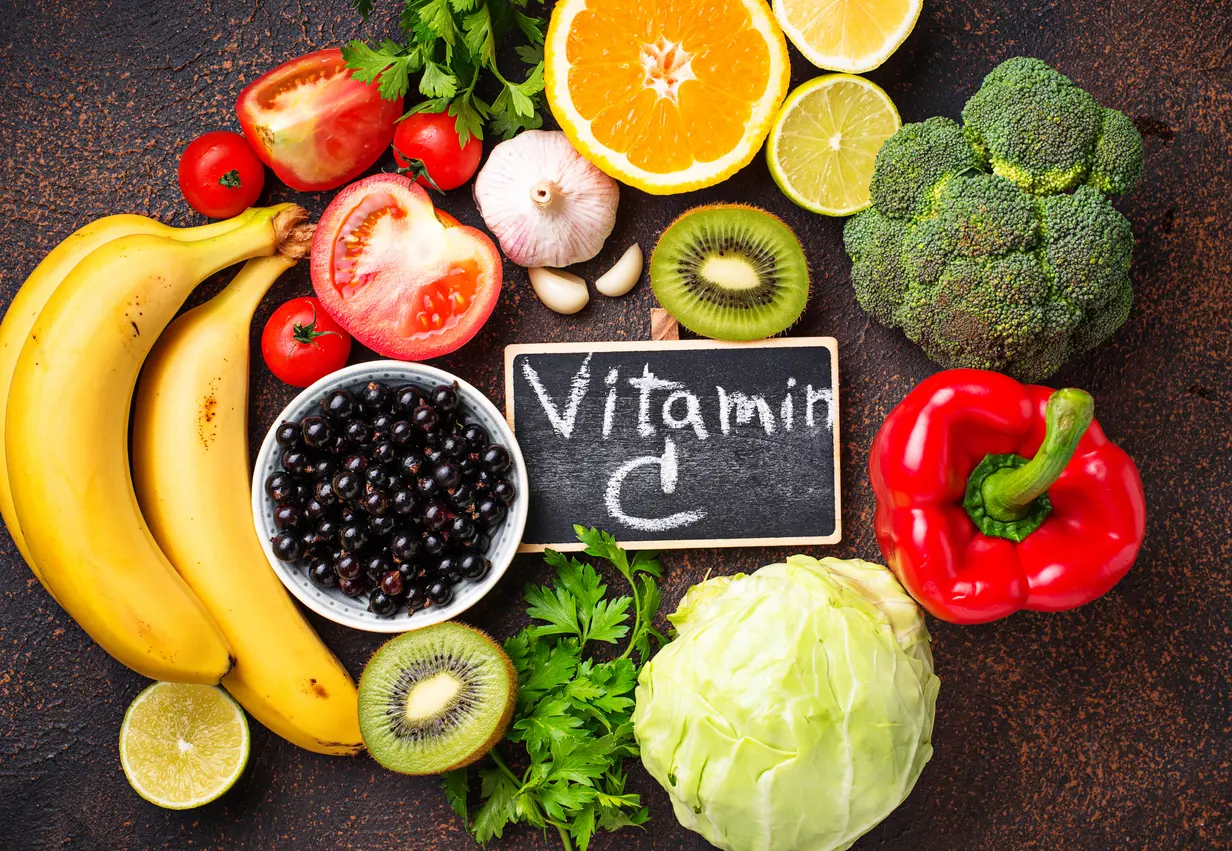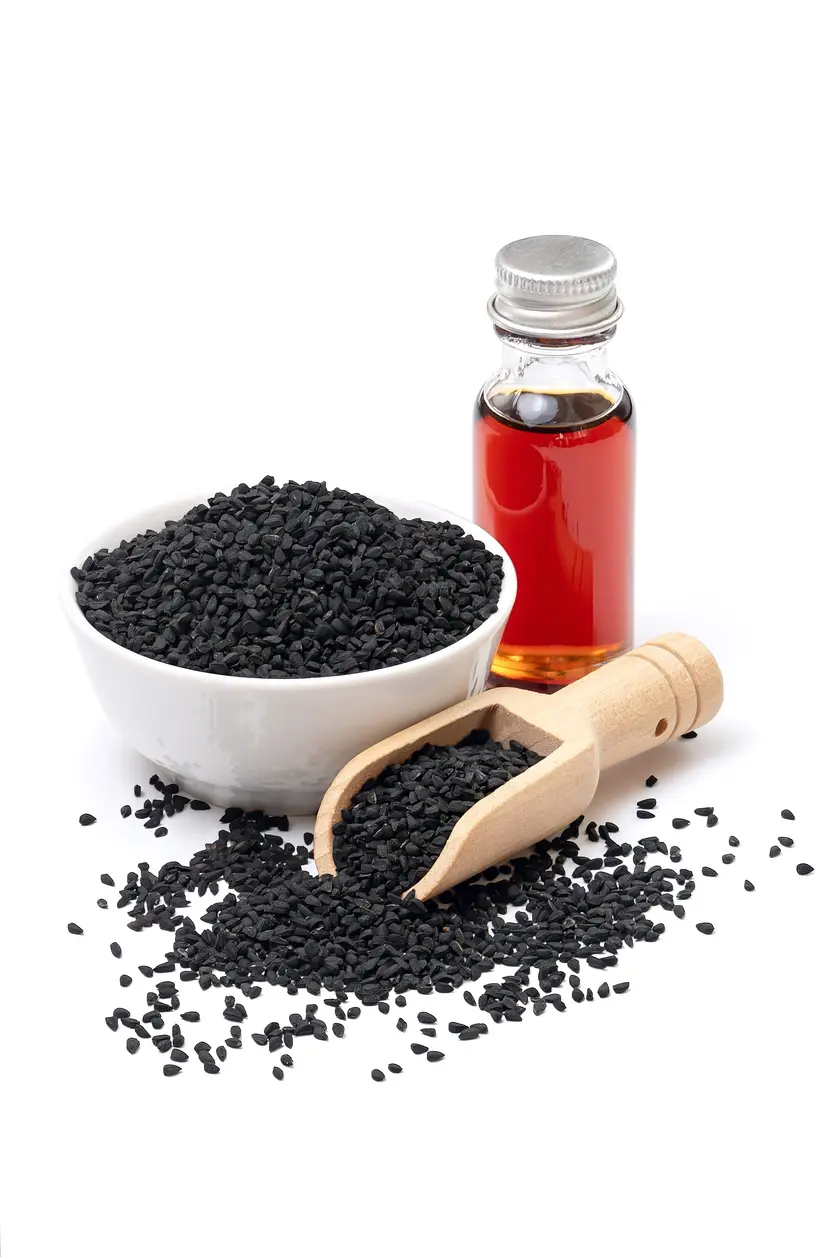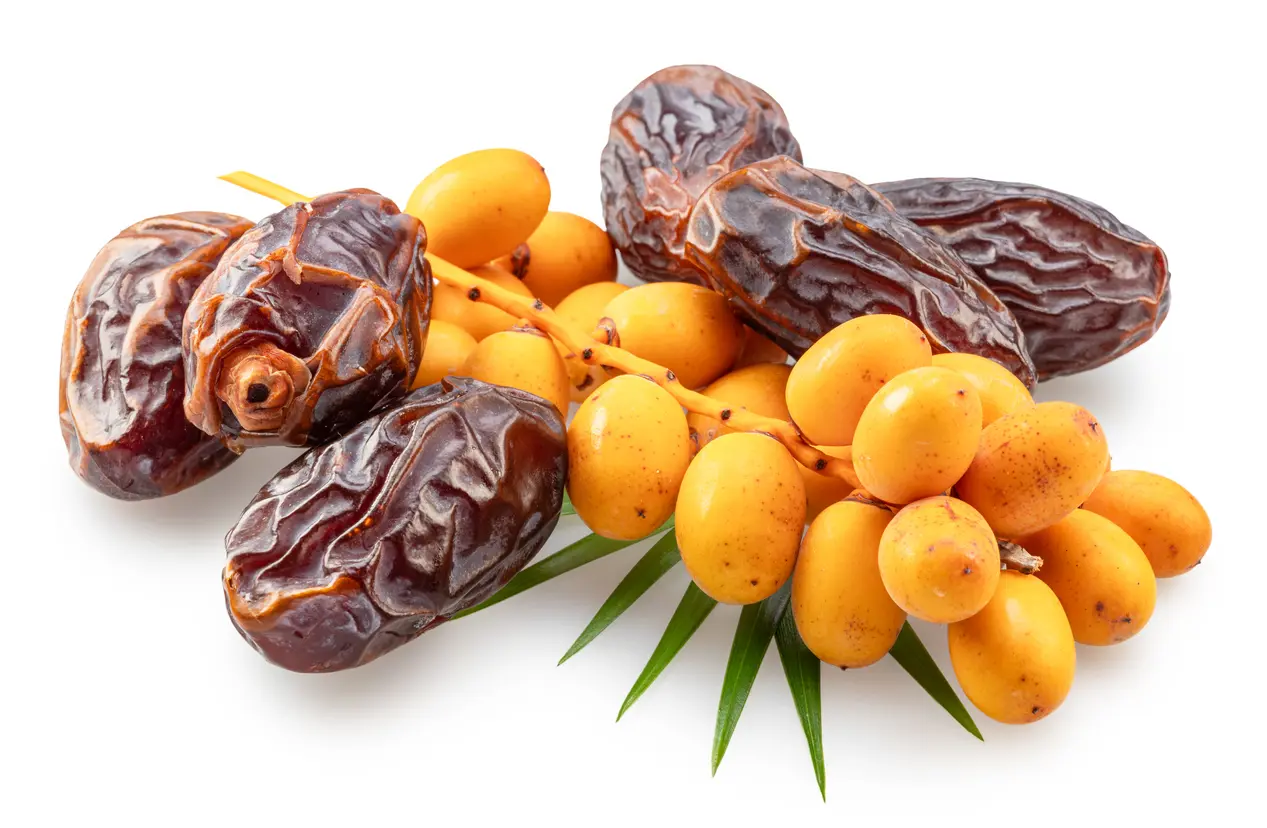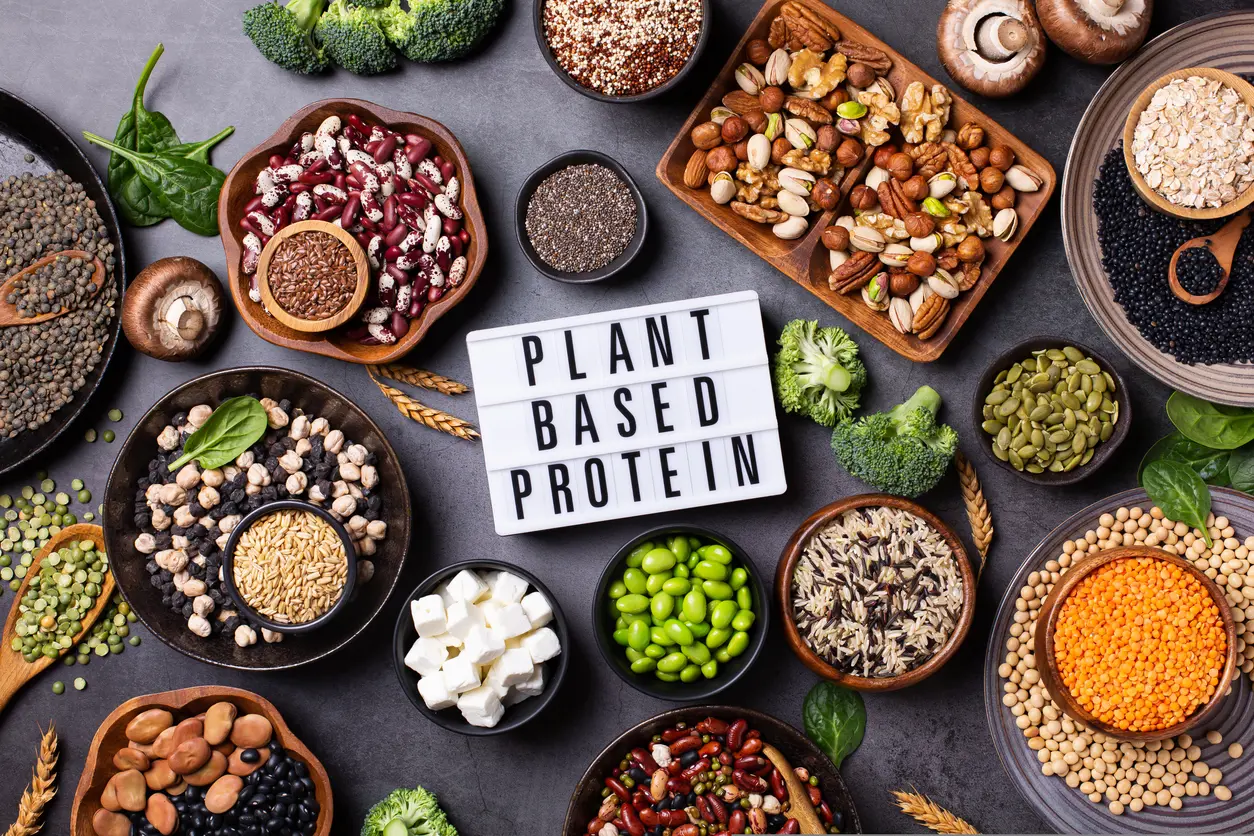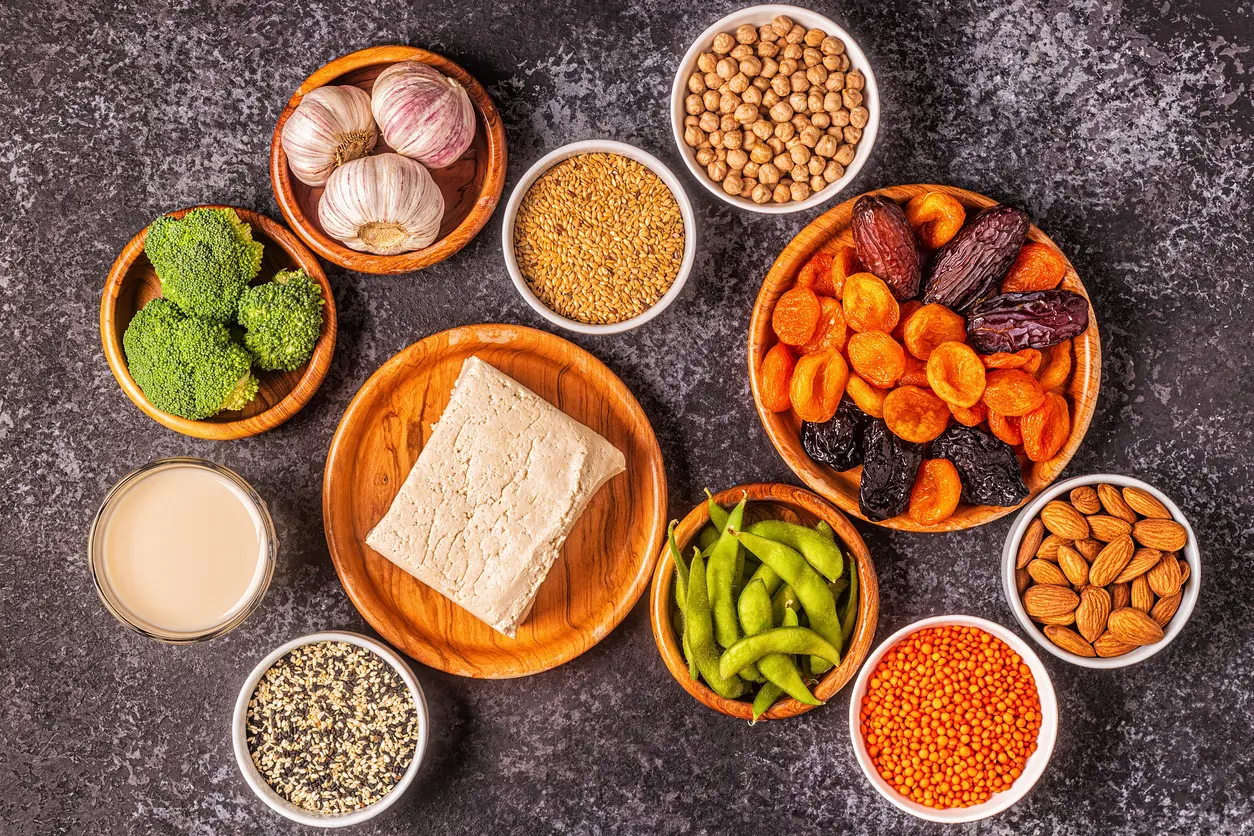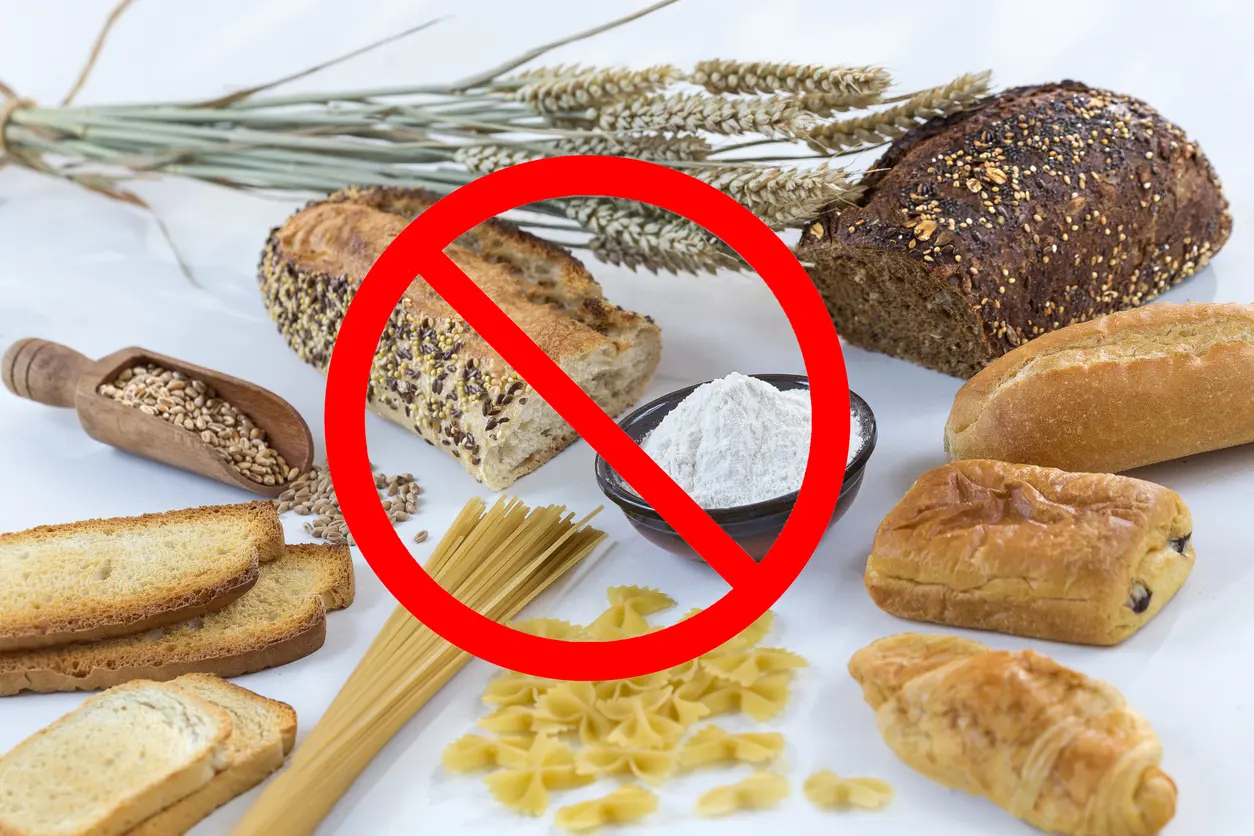Watermelon: Nutrition Facts, Benefits and How to Eat
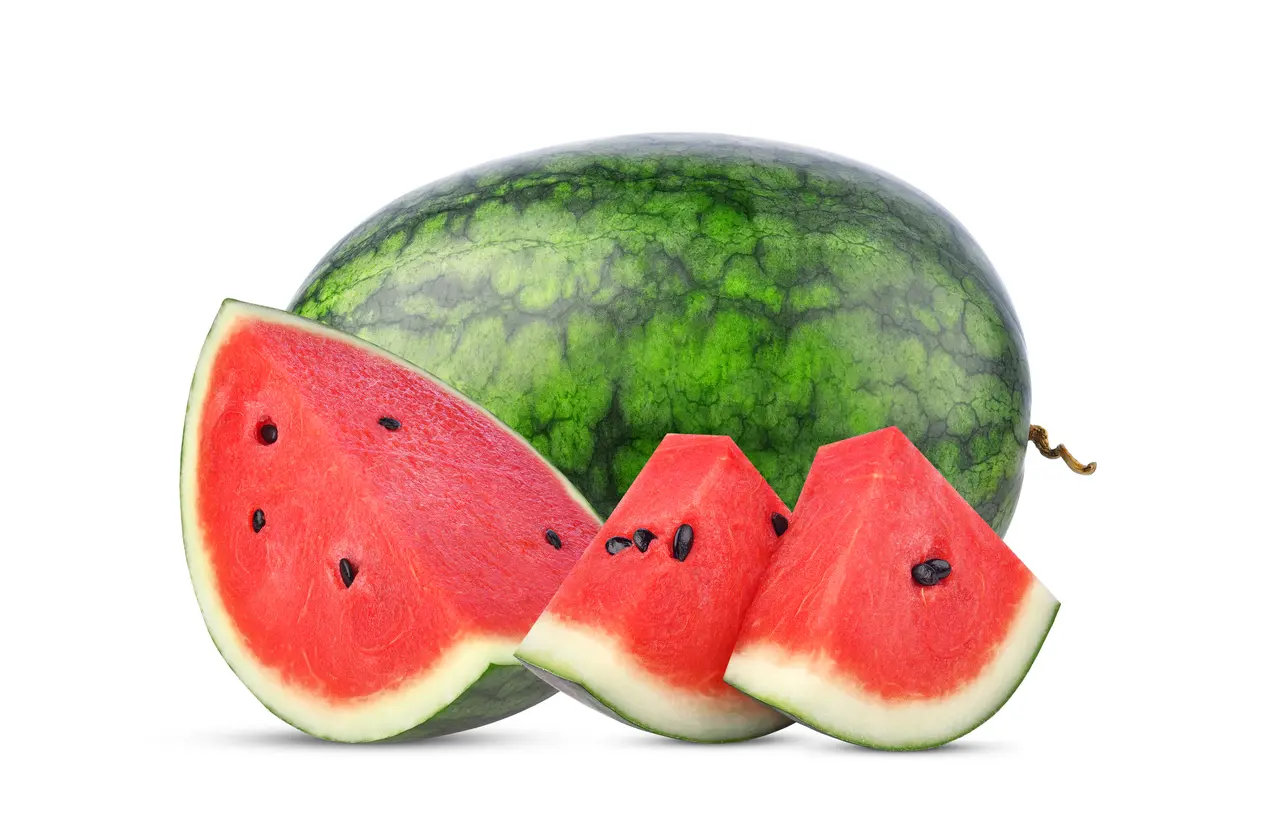
There are not many foods that evoke the sensation of summer more than watermelon. Its refreshing texture and natural sweetness make it a default snack on sweltering days and a picnic/barbecue mainstay. Yet watermelon provides more than just a cooling mouthful. It's also a dense source of vital nutrients that promote general health in some quite remarkable ways.
Aside from its impressive water content, watermelon also offers antioxidants such as lycopene, immune-boosting vitamin C, and modest yet significant levels of potassium and magnesium. [1] Watermelon, raw, USDA It's naturally low in calories, fat-free, and cholesterol-free, making it a great option for hydration, skin care, and even muscle recovery.
In this piece, you'll learn all you need to know about watermelon nutrition, its science-proven benefits, and how best to incorporate it into your balanced diet.
Watermelon Nutrition Facts
Watermelon is over 90% water [5] Barry M Popkin, Kristen E D’Anci, Irwin H Rosenberg Water, Hydration and Health, 2010 Aug;68(8):439–458. doi: 10.1111/j.1753-4887.2010.00304.x but it is far from nutritionally empty. One cup of diced watermelon (about 150 grams) contains a hydrating mix of natural sugars and important vitamins and antioxidants, all with minimal calories.
Here is the nutritional breakdown per 1 cup (150 g) of raw watermelon, based on USDA data: [1] Watermelon, raw, USDA
- Calories: ~46 kcal
- Water: ~139 g (92%)
- Carbohydrates: 11.5 g
- Sugars: 9.4 g
- Fiber: 0.6 g
- Protein: 0.9 g
- Fat: 0.2 g
- Vitamin C: 12.5 mg (14% DV)
- Vitamin A (as beta-carotene): 865 IU (5% DV)
- Potassium: 170 mg (4% DV)
- Magnesium: 15 mg (4% DV)
- Lycopene: ~6,500–7,000 mcg per cup
Watermelon is naturally cholesterol-free, low in sodium, and contains a small amount of citrulline, an amino acid linked to muscle and vascular health. Lycopene, which is a nutrient that gives watermelon its red color, is one of the most powerful dietary antioxidants and is often studied for its potential to reduce oxidative stress. [2] Mercy Omoye Shafe, Nontobeko Myllet Gumede, Trevor Tapiwa Nyakudya, Eliton Chivandi Lycopene: A Potent Antioxidant with Multiple Health Benefits, 2024 Jun 8;2024:6252426. doi: 10.1155/2024/6252426
Health Benefits of Watermelon
Watermelon is more than just a tasty summer fruit! Its combination of hydration, antioxidants, and key nutrients may support several aspects of health, from circulation to skin quality. Below are evidence-based benefits supported by clinical and nutritional research.
1. Keeps You Hydrated
With over 90 percent water content, watermelon is an excellent way to stay hydrated, especially during hot weather or after physical activity. Hydration is critical for digestion, circulation, and maintaining healthy skin and energy levels. Because watermelon also contains small amounts of electrolytes like potassium and magnesium, it may support fluid balance better than water alone. [1] Watermelon, raw, USDA
2. Rich in Antioxidants
Watermelon is one of the top dietary sources of lycopene, a carotenoid known for its antioxidant properties. Lycopene helps reduce oxidative stress and may protect against cellular damage caused by free radicals. Studies suggest that lycopene from foods such as watermelon is associated with lower risk of chronic diseases, including certain cardiovascular and metabolic conditions. [2] Mercy Omoye Shafe, Nontobeko Myllet Gumede, Trevor Tapiwa Nyakudya, Eliton Chivandi Lycopene: A Potent Antioxidant with Multiple Health Benefits, 2024 Jun 8;2024:6252426. doi: 10.1155/2024/6252426
3. Supports Heart Health
Lycopene may also play a role in reducing LDL (bad) cholesterol and improving vascular function. In one randomized trial, lycopene-rich foods were linked to improved arterial flexibility and reduced blood pressure. [2] Mercy Omoye Shafe, Nontobeko Myllet Gumede, Trevor Tapiwa Nyakudya, Eliton Chivandi Lycopene: A Potent Antioxidant with Multiple Health Benefits, 2024 Jun 8;2024:6252426. doi: 10.1155/2024/6252426
Watermelon also contains citrulline, an amino acid that may help lower blood pressure by promoting nitric oxide production and vasodilation. [3] Mônica Volino-Souza, Gustavo Vieira de Oliveira, Carlos Adam Conte-Junior, Arturo Figueroa, Thiago Silveira Alvares Current Evidence of Watermelon (Citrullus lanatus) Ingestion on Vascular Health: A Food Science and Technology Perspective, 2022 Jul 15;14(14):2913. doi: 10.3390/nu14142913
4. Boosts Immunity
Watermelon provides a good source of vitamin C, which supports the immune system by enhancing white blood cell function and protecting against oxidative damage. A single cup delivers about 14% of the daily recommended intake.
Vitamin A, in the form of beta-carotene, also supports immune defense by maintaining mucosal integrity in the skin and respiratory tract. [4] Vitamin A and Carotenoids, National Institute of Health
5. Aids Digestion
Although watermelon is low in fiber, its high water content helps soften stool and support regular digestion. Hydration is essential for proper gastrointestinal motility. Including watermelon as part of a balanced diet may help alleviate mild constipation or bloating caused by dehydration. [5] Barry M Popkin, Kristen E D’Anci, Irwin H Rosenberg Water, Hydration and Health, 2010 Aug;68(8):439–458. doi: 10.1111/j.1753-4887.2010.00304.x
6. Improves Skin Health
Watermelon offers a combination of water, vitamin C, and carotenoids that support skin elasticity and repair. Vitamin C is essential for collagen production, while beta-carotene may help protect skin from UV damage and promote even tone.
In a small clinical trial, carotenoid-rich foods were linked to improved skin appearance and reduced dryness. [6] Juliet M Pullar, Anitra C Carr, Margreet C M Vissers The Roles of Vitamin C in Skin Health, 2017 Aug 12;9(8):866. doi: 10.3390/nu9080866
7. Supports Eye Health
Watermelon contains beta-carotene, a precursor to vitamin A, which supports healthy vision maintenance. Vitamin A supports the functioning of the retina and helps protect against age-related macular degeneration and night blindness.
A cup of watermelon provides a modest amount of beta-carotene, but its high water content makes it easy to consume in larger portions, supporting daily intake goals for eye health. [7] Kristin Fulgoni, Victor L Fulgoni III Watermelon Intake Is Associated with Increased Nutrient Intake and Higher Diet Quality in Adults and Children, NHANES 2003–2018, 2022 Nov 18;14(22):4883. doi: 10.3390/nu14224883
8. May Reduce Muscle Soreness
Watermelon is one of the few natural food sources of L-citrulline, an amino acid that may help improve muscle recovery after exercise. Some studies suggest that citrulline enhances nitric oxide production, improving blood flow to muscles and reducing soreness.
One clinical trial found that athletes who consumed watermelon juice before exercise experienced less muscle soreness 24 hours later compared to a control group. [8] Hye Chang Rhim, Sung Jong Kim, Jewel Park, Ki-Mo Jang Effect of citrulline on post-exercise rating of perceived exertion, muscle soreness, and blood lactate levels: A systematic review and meta-analysis, 2020 Feb 8;9(6):553–561. doi: 10.1016/j.jshs.2020.02.003
9. Helps in Weight Management
Because watermelon is low in calories and high in volume and water, it may help promote fullness without excess energy intake. This makes it a useful snack for people aiming to manage their weight. Replacing higher-calorie snacks with watermelon can reduce overall calorie intake while still satisfying sweet cravings. [9] Tiffany Lum, Megan Connolly, Amanda Marx, Joshua Beidler et. al Effects of Fresh Watermelon Consumption on the Acute Satiety Response and Cardiometabolic Risk Factors in Overweight and Obese Adults, 2019 Mar 12;11(3):595. doi: 10.3390/nu11030595
10. May Help Prevent Kidney Stones
Watermelon’s high water content encourages increased urine output, which helps dilute substances in the urine that may form kidney stones. While no food alone prevents kidney stones, staying hydrated is one of the most effective strategies.
Additionally, the potassium in watermelon supports healthy kidney function and fluid balance. [7] Kristin Fulgoni, Victor L Fulgoni III Watermelon Intake Is Associated with Increased Nutrient Intake and Higher Diet Quality in Adults and Children, NHANES 2003–2018, 2022 Nov 18;14(22):4883. doi: 10.3390/nu14224883
How to Eat Watermelon
Watermelon is super versatile and can be enjoyed in many refreshing and creative ways. Whether you're looking for a simple snack or a more complex recipe, here are some enjoyable ideas to make watermelon a regular part of your diet.
1. Fresh Slices or Cubes
The most common way to enjoy watermelon is simply by cutting it fresh and cold. Slice it into wedges or cube it for convenient snacking. Have a bowl ready in the fridge for grab-and-go, especially on hot days or after exercise.
2. Smoothies and Juices
Watermelon mixes easily into smoothies or can be juiced alone. For added hydration, mix it with cucumber, mint, or a squeeze of lime juice. Combining it with Greek yogurt or banana adds creaminess and a protein boost, transforming it into a more substantial snack.
3. Watermelon Salad
One of the most flavorful and refreshing ways to enjoy watermelon is in a savory salad. Combine cubed watermelon, crumbled feta cheese, sliced cucumber, and fresh mint or basil leaves.
A drizzle of olive oil and balsamic vinegar enhances the flavors by balancing sweetness with a tangy flair.
4. Watermelon Popsicles or Sorbets
Puree watermelon with a splash of lime juice and freeze in molds for easy, homemade popsicles. You can also churn the puree in an ice cream maker to create a light, fruit-forward sorbet that’s naturally low in calories and sugar.
5. Grilled Watermelon
Grilling brings out a richer, slightly smoky flavor in watermelon. Cut it into thick slabs, brush lightly with olive oil, and grill for 1-2 minutes on each side. It pairs well with goat cheese, arugula, or as a side to grilled protein dishes.
Tips for Choosing and Storing Watermelon
- Pick a ripe one: Look for a creamy yellow field spot (the area where the watermelon rested on the ground). A ripe melon should sound hollow when tapped and feel heavy for its size.
- Storage: Keep whole watermelon at room temperature until cut. Once sliced, store in the fridge in a covered container and eat within 3 to 5 days for best freshness and flavor.
Who Should Eat Watermelon with Caution?
Watermelon is safe and nutritious for most people, but there are a few considerations worth noting for specific groups.
Individuals with Diabetes
Although watermelon has a high water content and a relatively low calorie count, it also contains natural sugars. One cup provides about 9 to 10 grams of sugar. [1] Watermelon, raw, USDA While this does not mean people with diabetes need to avoid watermelon altogether, portion control is important.
Pairing watermelon with protein or healthy fat (like nuts or cheese) may help reduce blood sugar spikes.
People with Digestive Sensitivities
Some individuals with irritable bowel syndrome (IBS) may experience bloating or gas after eating watermelon. This is because it contains fructose, a type of fermentable sugar classified as a FODMAP.
In people sensitive to FODMAPs, large portions of watermelon may cause discomfort. [10] FODMAPs and Irritable Bowel Syndrome
Seedless Vs. Seeded Varieties
Seedless watermelons are convenient and widely available, and they are grown through natural hybridization, not genetic modification. Nutritionally, both seeded and seedless varieties offer the same benefits, although watermelon seeds are edible and contain small amounts of iron, zinc, and magnesium if consumed.
Conclusion
Watermelon is low-calorie, hydrating, and nutrient-packed, making it a good option that supports many aspects of health. From antioxidants like lycopene to vitamins A and C, watermelon can help with hydration, heart health, digestion, and even post-workout recovery.
With so many easy ways to enjoy it, from fresh slices to creative recipes, adding watermelon to your diet is a simple step toward supporting overall wellness. Like any fruit, balance and portion awareness matter, especially for people with specific health concerns. But for most, watermelon is a fun, functional, and delicious way to stay nourished and hydrated.
Was this article helpful?
-
Watermelon, raw, USDA;
https://fdc.nal.usda.gov/food-details/167765/nutrients -
Lycopene: A Potent Antioxidant with Multiple Health Benefits, 2024 Jun 8;2024:6252426. doi: 10.1155/2024/6252426; Mercy Omoye Shafe, Nontobeko Myllet Gumede, Trevor Tapiwa Nyakudya, Eliton Chivandi;
https://pmc.ncbi.nlm.nih.gov/articles/PMC11179732/ -
Current Evidence of Watermelon (Citrullus lanatus) Ingestion on Vascular Health: A Food Science and Technology Perspective, 2022 Jul 15;14(14):2913. doi: 10.3390/nu14142913; Mônica Volino-Souza, Gustavo Vieira de Oliveira, Carlos Adam Conte-Junior, Arturo Figueroa, Thiago Silveira Alvares;
https://pmc.ncbi.nlm.nih.gov/articles/PMC9318495/ -
Vitamin A and Carotenoids, National Institute of Health;
https://ods.od.nih.gov/factsheets/VitaminA-HealthProfessional/ -
Water, Hydration and Health, 2010 Aug;68(8):439–458. doi: 10.1111/j.1753-4887.2010.00304.x; Barry M Popkin, Kristen E D’Anci, Irwin H Rosenberg;
https://pmc.ncbi.nlm.nih.gov/articles/PMC2908954/ -
The Roles of Vitamin C in Skin Health, 2017 Aug 12;9(8):866. doi: 10.3390/nu9080866; Juliet M Pullar, Anitra C Carr, Margreet C M Vissers;
https://pmc.ncbi.nlm.nih.gov/articles/PMC5579659/ -
Watermelon Intake Is Associated with Increased Nutrient Intake and Higher Diet Quality in Adults and Children, NHANES 2003–2018, 2022 Nov 18;14(22):4883. doi: 10.3390/nu14224883; Kristin Fulgoni, Victor L Fulgoni III;
https://pmc.ncbi.nlm.nih.gov/articles/PMC9692283/ -
Effect of citrulline on post-exercise rating of perceived exertion, muscle soreness, and blood lactate levels: A systematic review and meta-analysis, 2020 Feb 8;9(6):553–561. doi: 10.1016/j.jshs.2020.02.003; Hye Chang Rhim, Sung Jong Kim, Jewel Park, Ki-Mo Jang;
https://pmc.ncbi.nlm.nih.gov/articles/PMC7749242/#:~:text=The%20analysis%20included%2013%20eligible,without%20affecting%20blood%20lactate%20levels. -
Effects of Fresh Watermelon Consumption on the Acute Satiety Response and Cardiometabolic Risk Factors in Overweight and Obese Adults, 2019 Mar 12;11(3):595. doi: 10.3390/nu11030595; Tiffany Lum, Megan Connolly, Amanda Marx, Joshua Beidler et. al;
https://pmc.ncbi.nlm.nih.gov/articles/PMC6470521/ -
FODMAPs and Irritable Bowel Syndrome;
https://www.monashfodmap.com/about-fodmap-and-ibs/

